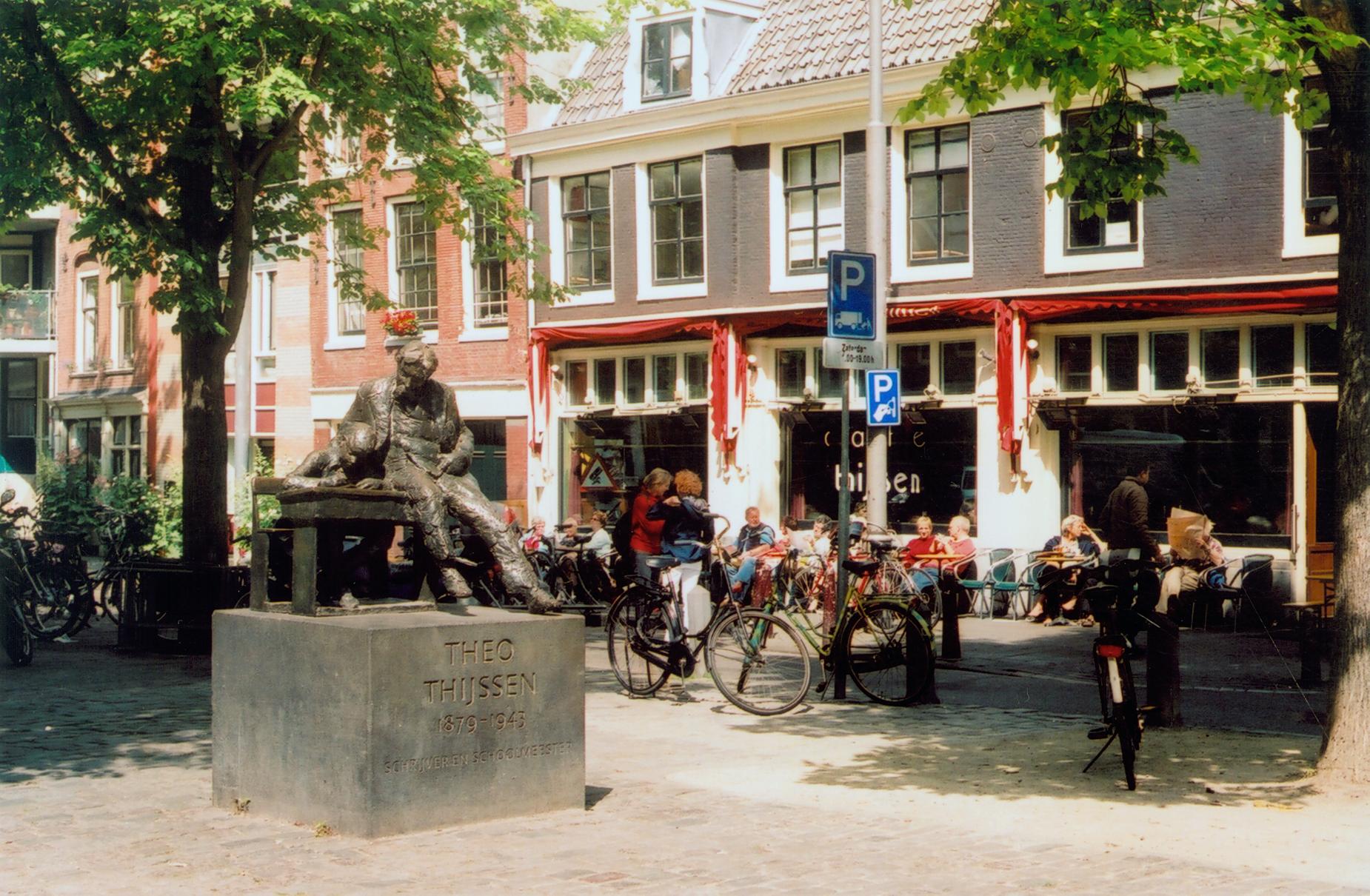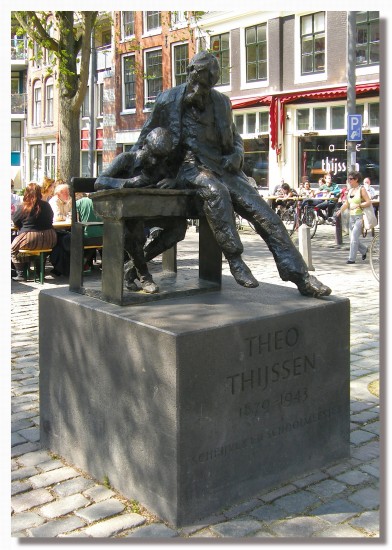<Back to Index>
- Economist Adam Smith, 1723
- Writer Theodore John Thijssen, 1879
- King of Sweden Gustav V, 1858
PAGE SPONSOR
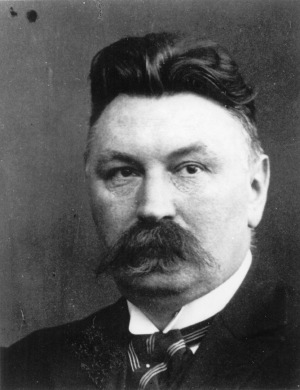
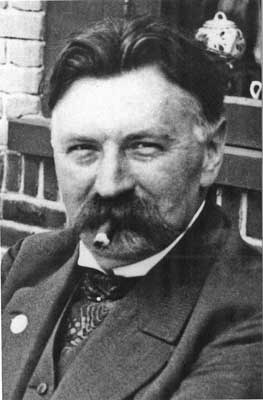
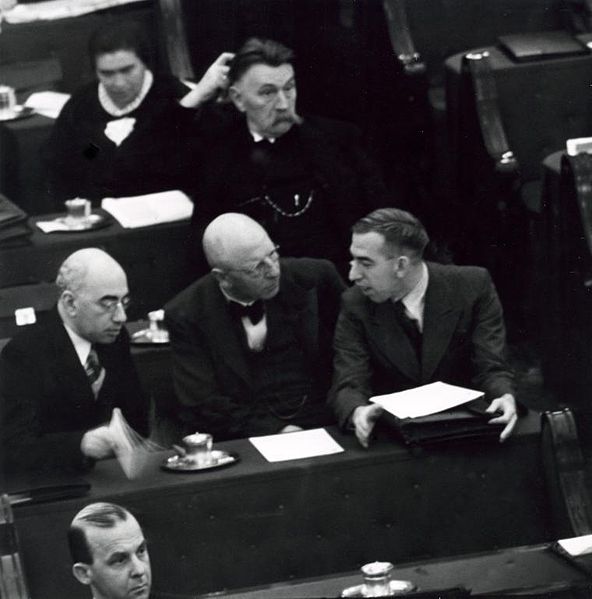
Theodore John (Do) Thijssen (Amsterdam, 16 June 1879 - Amsterdam, 23 December 1943 ) was a Dutch writer , teacher and socialist politician.
He is perhaps best known for his book Kees the boy. His father was a shoemaker. The family was not wealthy. After hard wotk, he was successful in taking the entrance examination to the National training college for teachers in Haarlem. In 1897 he founded the magazine Baknieuws. After completing his training, he taught at several public elementary schools in Amsterdam. Like the famous educational reformer Jan Ligthart, Thijssen paid much attention to the student as an individual - then a relatively new insight. At the same time he advocated the importance of the class as a social unit. Although he was not a real educational reformer he was against overly generalized methods of teaching. He understood that each student and each class had a character of its own. He
argued passionately for greater respect for the working knowledge of a
class teacher, who had the ultimate expertise when it came to
determining how each of his own classes had to be approached. In 1905 he and his college friend Peter Bol founded the magazine The New School,
in which he contributed many critical and often satirical articles on
teaching methods, teaching books, reading books and children's books,
but also the serial 'Barend Wels "(on a beginning teacher), which
appeared in
1908 in book form. He also wrote in this magazine a few sequels on the fictional boy John, that he would later develop into his most famous novel "Kees the boy". He enriched the Dutch language with the word "zwembadpas", a quick gait that John had developed. That
concept became so legendary that the Theo Thijssen Museum on June 16,
2001, would organize a Zwembadpas Day (with lectures and events at the
Amsterdam Westerkerk Westermarkt), which received wide attention in the media. In 1921, Thijssen became a salaried board member of the Dutch Federation of Teachers, the forerunner of the current General Education Union (AOB). He
was editor of the association magazines "The Messenger" (working
conditions of teachers) and "School and Home" (on education). In the latter, he developed the previously loose sketches of the boy John into a continuous serial, "Kees the boy", which appeared in 1923 as a book. Although Thijssen had always maintained that John Boy was fiction, it seems that much of his childhood memories have been captured in this book. Thijssens autobiographical work In the morning of life was in his own words, the only book about his own childhood memories. His novels "School Land" (1925) and "The Happy Class" (1926) first appeared in serial form in this magazine. Theo Thijssen was a promoter of Esperanto. He focused on the usefulness of the international language Esperanto as experienced during international teachers' conferences, which he attended starting from the twenties. Like his father, Thijssen had from early in his life socialist sympathies. He was until 1912 a member of the Social Democratic Labour Party (SDAP), forerunner of the Labour Party. For this party from 1933 to 1940 he was member of the House and from 1935 to 1941 a member of the Amsterdam City Council. Unemployed during the occupation, he wrote his childhood memories (the morning of life). As Thijssen had been a former union official, after the February 1941 strike the Germans arrestedhim and he spent time in jail. In December 1943 he was taken ill with several serious illnesses and died from the effects of a stroke. The former State Prize for children's literature (the PC Hooft Prize for children's books) has been called since 1988 the Theo Thijssen Prize. Not
primarily because Thijssen was a children's book author, but because his often sarcastic
reviews of children's literature introduced a rigorous literary standard for the genre.
